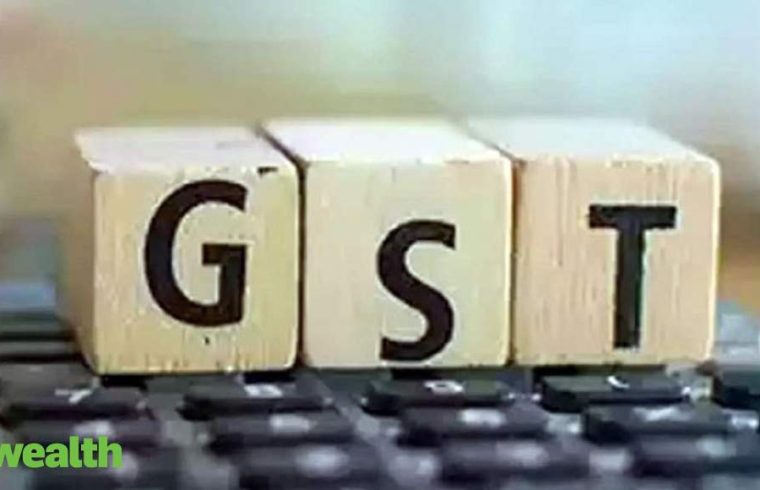
Can a gift voucher be taxed differently than a gift card, especially if one is made of paper and another of plastic or metal? And what should be taxed—the card, the voucher, the points therein, or the goods purchased?
In what could give clarity to taxing gift cards and vouchers such as the ones by
, Zara or Amazon, a quasi judicial body just articulated the concerns and the way forward.
Levying Goods and Services Tax (GST) on gift vouchers and gift cards has been a complicated matter that may just have been eased out following a recent order by Appellate Authority for Advance Ruling (AAAR).
The ruling by AAAR on March 30 said that the time of supply of gift vouchers or gift cards shall be the date of issue.
The ruling clarified that GST will be levied not on the supply of vouchers but on the underlining supply of goods and services at the time of redemption. This also means that the time for payment of GST will be dependent on the provisions detailed in the GST law.
What added to the confusion was a separate ruling which said that the supply of vouchers itself will be taxable at varied rates depending upon whether the vouchers are paper based or magnetic strip based.
“The taxability of vouchers has always been a grey area, both under the pre-GST and post GST regime. An earlier ruling pronounced by the Tamil Nadu AAR stating that the supply of voucher shall be taxable at 12% or 18% GST depending upon whether the vouchers are paper based or magnetic strip/ chipset based, further added to the confusion,†said Abhishek Jain, tax partner, EY India.
Supply of goods or the time of supply of goods is very essential to the GST framework. This is mainly because GST is a consumption based tax where everyone that adds value only pays tax on that portion. It’s the ultimate consumer that pays the full GST on the final product. This means that all others who contributed to the final product, get part of the taxes paid as a refund.
The question before the AAAR was when the GST should be levied on vouchers or gift cards. Whether it should be at the time when the consumer purchases it or when he uses it.
The earlier AAR ruling on the issue also meant that different cards—based on the material used—were taxed differently. “The AAAR rightly overturned the discussion to say that the supply of vouchers itself is not taxable and what are taxed are the underlying goods/ services being supplied and hence the GST rates to be levied will also depend on said goods/ services. This recent ruling has provided appropriate clarity to the industry on the taxability of vouchers,†said Jain.x`






